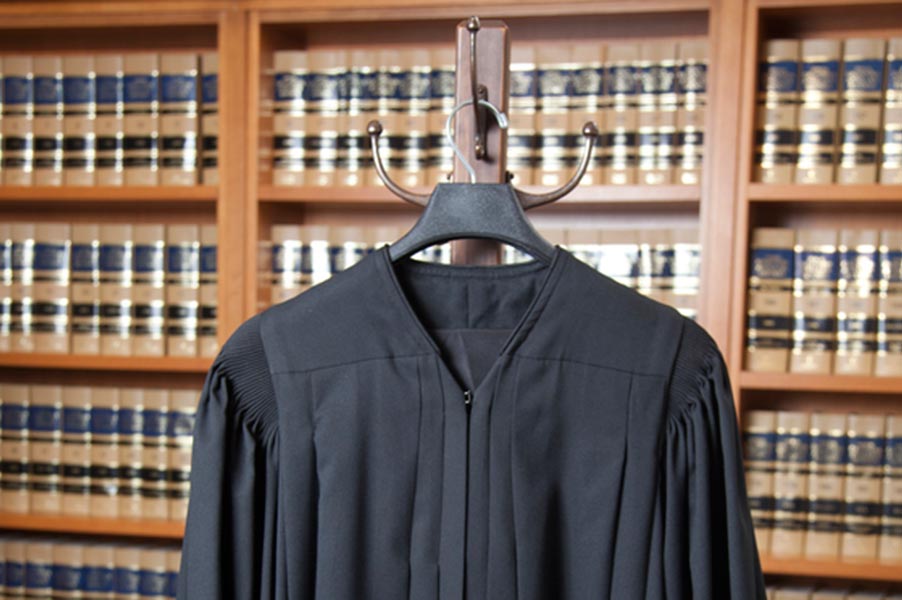A federal judge has remanded to state court the case of a man who seeks the death benefits of his deceased same-sex domestic partner.
Albert S. Celec Jr. claims Cigna Corp. acted in bad faith when it refused to pay him $100,000 in proceeds from Dr. Philip Ginnetti’s life-insurance policy.
Celec and Ginnetti were domestic partners from 1994 until Ginnetti’s death in 2012. Ginnetti served as provost and vice president for academic affairs at Edinboro University at the time of his death.
The men shared a home, were registered as domestic partners with the university and presented as a couple in public.
But when Ginnetti, 61, died of acute myeloid leukemia, Cigna refused to pay his death benefits to Celec, noting that Ginnetti didn’t designate Celec as a beneficiary in his life-insurance policy.
Instead, Cigna paid the money to Ginnetti’s mother, Irene, as the next-of-kin default beneficiary.
Celec submitted numerous documents to Cigna, indicating that Ginnetti intended for him to receive the death benefits.
Additionally, Irene Ginnetti told Cigna that the money should go to Celec, according to court records.
In August 2014, Celec filed suit in Erie County Common Pleas Court, naming Edinboro University and Cigna as defendants. The case subsequently was moved to federal court, where Celec pursued claims of antigay bias, breach of contract and bad faith.
But on Sept. 18, in a 36-page opinion, U.S. District Judge Mark R. Hornak remanded the case back to Erie County Common Pleas Court.
Hornak said Irene Ginnetti should be added as a defendant, and since she and Celec live in Ohio, the federal courts lack jurisdiction.
Federal courts don’t handle cases involving a plaintiff and defendant residing in the same state, Hornak noted.
Hornak also dismissed Edinboro University as a defendant, noting that university officials tried to ensure the death benefits went to Celec. Hornak also ruled that Cigna should remain as a defendant while the matter is adjudicated in Erie County Common Pleas Court.
John E. Stember, an attorney for Celec, maintained that Cigna acted in bad faith.
“We believe that Cigna’s decision-making process suggests that bad faith and, perhaps, an antigay animus may have been at work,” he said in an email. “We intend to fully explore this issue in the case.”
Stember also expressed optimism about the outcome.
“We believe that Mr. Celec has a strong case and that the law favors his claims. Mr. Celec believes strongly in the discrimination and fairness issues involved in his case, and intends to vigorously pursue it.”
James Angstadt, a spokesperson for Cigna, declined to comment other than to say: “It is our policy not to comment on pending litigation.”
Jeffrey Hileman, a spokesperson for Edinboro University, said: “Even though the claims against Edinboro University have been dismissed, it would not be appropriate to comment on the case at this time.”
